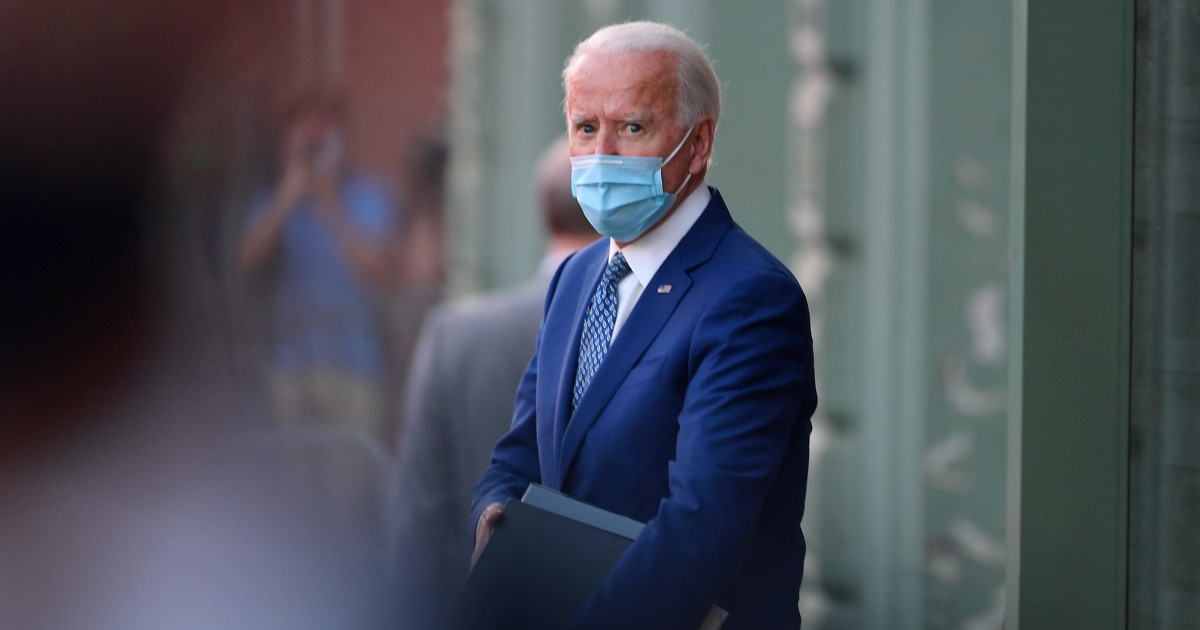Biden faces a race against the clock for U.S. to rejoin Iran nuclear deal
Companies, agencies, institutions, etc
NBC
NBC News
the Joint Comprehensive Plan of Action
JCPOA
Rouhani
Cabinet
the European Council on Foreign Relations
Trump
the International Crisis Group
the International Atomic Energy Agency
Hezbollah
Hamas
Senate
UAE
Tel Aviv University's Institute for National Security Studies
Dalton
the nongovernmental Institute for Science and International Security
Trump —
State
The Treasury Department
Bauer
the Washington Institute
the NBC News Investigative Unit
NBC News Digital
NBC News'
NBC UNIVERSAL
People
SectionsTVFeaturedMore
Joe Biden
Hassan Rouhani
Mohammad Javad Zarif
Ellie Geranmayeh
Naysan Rafati
Donald Trump
Barack Obama
Yousef Al Otaiba
Richard Dalton
David Albright
Mike Pompeo
Qassim Soliemani
Katherine Bauer
Ali Khamenei
Dan De Luce
Ken Dilanian
Saphora Smith
Ali Arouzi
Groups
European
Iranian
Republicans
Gulf Arab
British
American
Muslim
Americans
Physical locations
No matching tags
Places
No matching tags
Locations
WASHINGTON
Iran
U.S.
Washington
Tehran
the United States
Georgia
Israel
Saudi Arabia
the United Arab Emirates
the Islamic Republic
Iraq
Syria
Yemen
London
Events
No matching tags

Summary
SectionsTVFeaturedMore from NBC Follow NBC News WASHINGTON — President-elect Joe Biden has promised to rejoin the Iran nuclear agreement if Iran abides by the deal, but both sides will have to race against the clock and navigate a political minefield to reach that goal.With Iran due to hold elections in June, any diplomatic effort will have to move swiftly during Biden's first few months in office, say former U.S. officials, European diplomats and regional experts.Iran's current president, Hassan Rouhani, threw his weight behind the 2015 agreement, known as the Joint Comprehensive Plan of Action (JCPOA), and there's no guarantee the next Iranian president will be as open to cutting a deal.Biden and Rouhani also have to contend with fierce opponents to the agreement in Washington and Tehran, as well as in the region, and they will need to show that any concessions are met with reciprocal actions by the other side, former U.S. officials said.Rouhani and Foreign Minister Mohammad Javad Zarif have sent clear messages that Iran is ready to talk to the Biden administration about reviving the deal, as long as Washington abides by the terms of the agreement."Our aim is to lift the pressure of sanctions from the shoulders of our people," Rouhani said in televised remarks at a recent Cabinet meeting. Moreover, any new agreement outside the parameters of the 2015 deal would have to win approval from a skeptical U.S. Congress, where the outcome of two runoff races in Georgia on Jan. 5 will decide whether Republicans retain their majority in the Senate.Israel and the Gulf Arab states, which vehemently opposed the nuclear accord, would demand a say if a new agreement came up for negotiation."If we're going to negotiate the security of our part of the world, we should be there," the UAE's ambassador in Washington, Yousef Al Otaiba, said at a recent event organized by Tel Aviv University's Institute for National Security Studies.Iran would not be prepared to put its missile forces on the table unless the defense systems of regional rivals Saudi Arabia and the United Arab Emirates were also up for discussion, something that is hard to imagine happening in the current climate, according to Richard Dalton, the British ambassador to Iran from 2002 to 2006."I think we can rule out a big bargain approach in which everything is on the table all at once," Dalton said.But critics of the 2015 agreement say Biden will inherit valuable leverage from the sanctions Trump imposed, and that he could hold out for better terms than simply returning to the original deal."From my point of view it would be crazy to rejoin the deal without getting something more out of it," said David Albright, an expert on Iran's nuclear program with the nongovernmental Institute for Science and International Security.
As said here by MSNBC